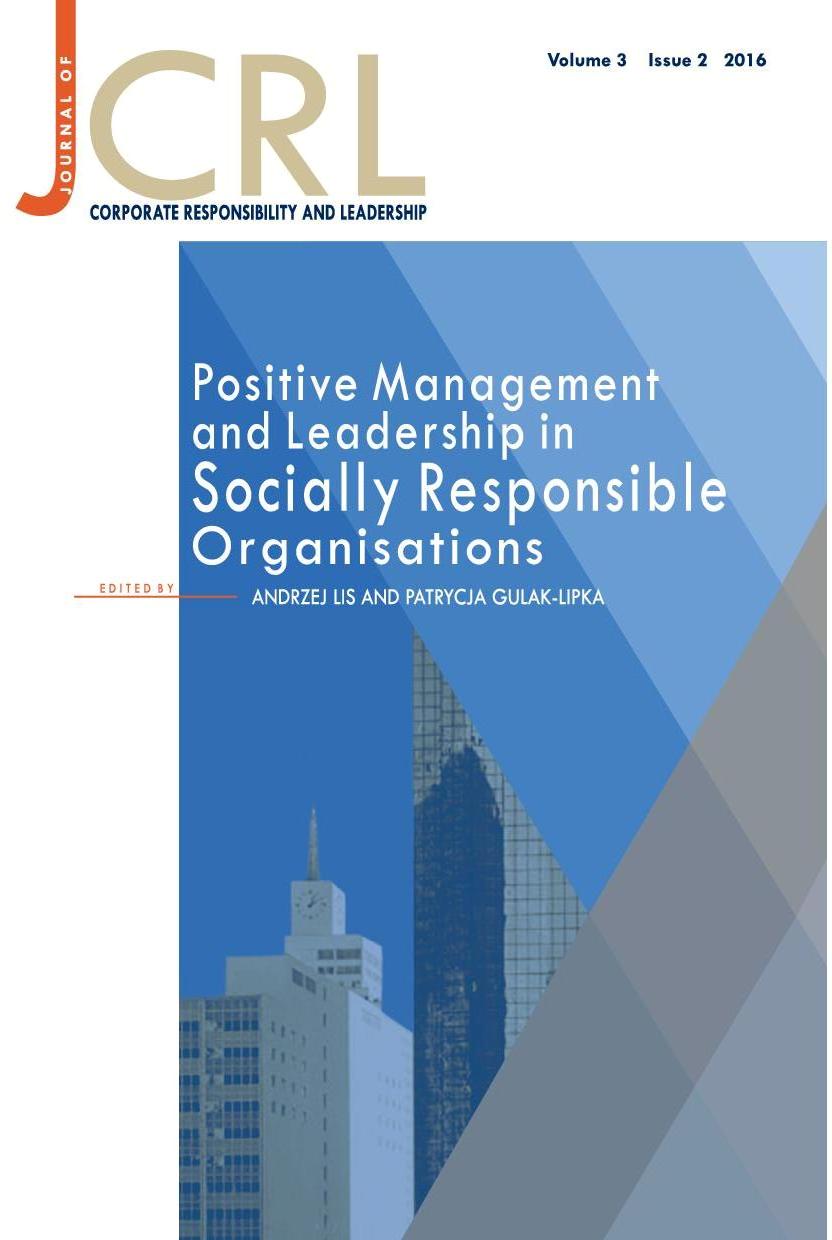Antinomies of Professionalism: The Philosophical and Historical Considerations
DOI :
https://doi.org/10.12775/JCRL.2016.010Mots-clés
professionalism, philosophy and history of profession, occupation, calling, business ethics, division of labourRésumé
The aim of the paper is to discuss the philosophical and historical sources and concepts of the antinomy of contemporary professionalism. A professional is somebody distinct from a craftsman and a specialist. Professionalism has its roots in the medieval phenomenon of a profession, which refers to the category of an occupation, liberal arts as well as the beginning of universities and a characteristic vision of education. In the 19th century, the understanding of a profession was altered. The development of science and technology, which runs in parallel with the endorsement of materialistic objectivism, resulting in the total separation of reality from the realm of values, contributed to the fact that professionalism was cracking at its seams. In consequence, the contemporary professionalism is endangered by the possibility of losing its essence. The dangers are the following: commercialisation, corporationalism, esoterism, politicalisation, bureaucratization, technocracy and barbarisation.
Références
Burrage, M., Torstendahl, R. (Eds.) (1990), Professions in Theory and History: Rethinking the Study of the Professions, Sage Publications, London.
Czeżowski, T. (1989), Pisma z etyki i teorii wartości, Zakład Narodowy im. Ossolińskich, PAN, Wrocław–Warszawa–Kraków–Gdańsk–Łódź.
Durkheim, E. (2012), O podziale pracy społecznej, PWN, Warszawa.
Elzenberg, H. (2005), Wartość i człowiek: Rozprawy z humanistyki i filozofii, Toruń.
Gasset, O. y (1978), “Misja uniwersytetu”, Znak, No. 6 (288), pp. 712 – 731.
Hall, R.H. (1986), Dimensions of Work, Sage Publications, Beverly Hills–London–Delhi.
Jemielniak, D. (2005), “Kultura: Zawody i profesje”, in: Prace i Materiały ISM (Instytut Studiów Międzynarodowych), No. 32, Oficyna Wydawnicza SGH, Warszawa, p. 7 – 22.
Jervell, J., Crouzel, H., Maier, J., Peters, A. (1980), “Bild Gottes IIV“, in: Theologische Realenzyklopädie, de Gruyter Verlag, Berlin–New York, Bd. 6, pp. 491 – 515.
Larson, M.S. (1977), The Rise of Professionalism: A Sociological Analysis, University of California Press, Berkeley–Los Angeles–London.
Tatarkiewicz, W. (2009), Historia estetyki, PWN, Warszawa.
Tatarkiewicz, W. (2012), Dzieje sześciu pojęć, PWN, Warszawa.
Weber, M. (1994), Etyka protestancka a duch kapitalizmu, Test, Lublin.
Téléchargements
Publié-e
Comment citer
Numéro
Rubrique
Stats
Number of views and downloads: 492
Number of citations: 0



